AC Drama: Why We Can't Live Without It (And Why We Might Want to)
Air conditioning: the hero of scorching summer days, but sometimes also the villain when it comes to high bills, environmental guilt, and health issues. We all love the cool relief, but is it really worth it? Let’s break down the facts, with real stories, data, and solutions for a cooler, smarter summer.
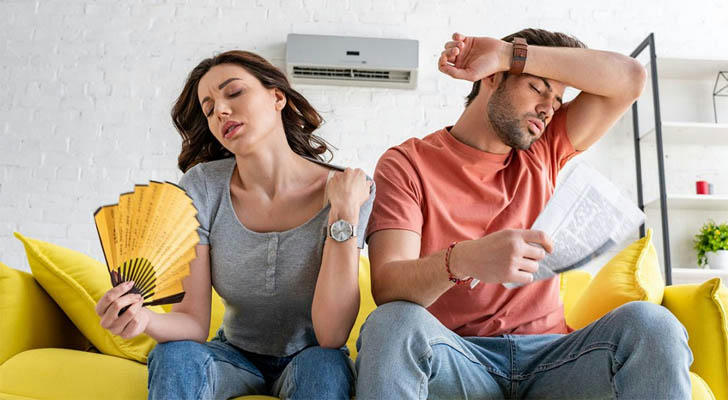
I. Comfort vs. Utility Bills: Can You Have Both?
We all crank up the AC when it hits triple digits. But then, the utility bill arrives, and reality hits hard. According to the U.S. Energy Information Administration, the average household spends around $300 a year on AC. In a heatwave? That can easily double.
——Mark from Arizona experienced the shock. “My bill was $450 in July. I had to do something,” he said. He swapped to a smart thermostat and upgraded to an energy-efficient unit, which helped bring his costs down.
——However, Sarah in Texas, who rents, isn’t as lucky. “I can’t change the unit. And I don’t want to sacrifice comfort for a few bucks,” she said.
The Solution: If you own your home, switch to an energy-efficient AC unit. Renters can use a smart thermostat to control usage and schedule cooling times. Regular maintenance—like changing filters—can also cut down on costs.
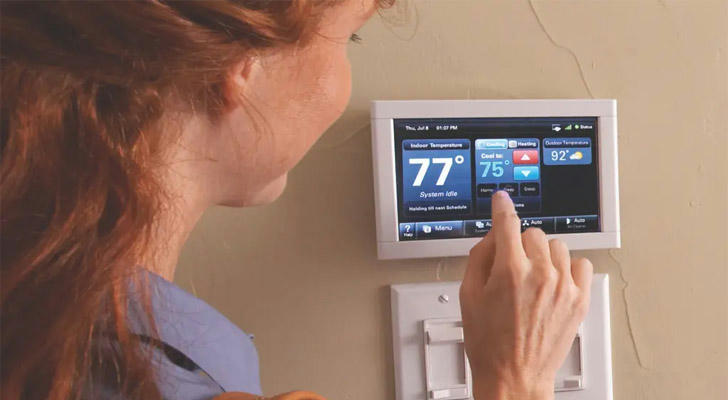
II. Environment vs. Comfort: Is Your AC Harming the Planet?
AC isn’t just hard on your wallet—it’s tough on the planet. According to the International Energy Agency, global demand for AC is expected to triple by 2050, leading to higher emissions.
——Dani, an eco-conscious freelancer from Portland, swapped out some of her AC use for fans and curtains. “I still stay cool but don’t feel guilty,” she said.
——But Carlos in New York, who works from home, disagrees. “I need it. I work long hours, and without AC, it’s unbearable.”
The Data: AC accounts for about 6% of the total U.S. energy consumption, but this number spikes in summer, adding significantly to carbon emissions.
The Solution: Switch to eco-friendly AC systems if possible. For those not upgrading, use fans and programmable thermostats. Set your AC a few degrees higher when possible, and don’t forget to seal any leaks in your home to keep cool air inside. By optimizing your use, you can still stay comfortable while reducing your environmental impact.
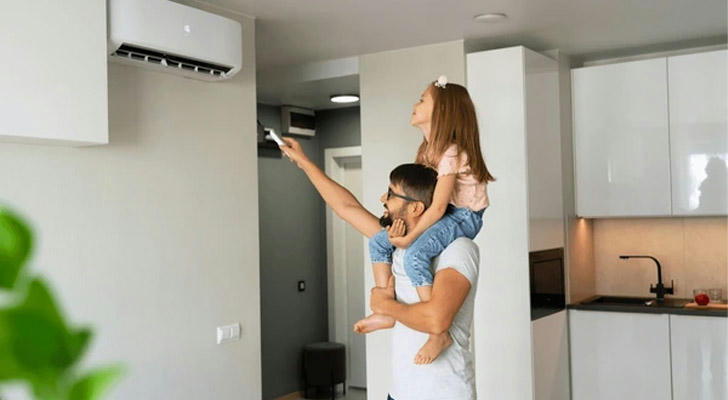
III. Health Benefits vs. Health Risks: Can AC Make You Sick?
AC feels great in the heat, but did you know it could be making you sick? Too much cold air can cause dry skin, sinus issues, and even respiratory problems.
——Jessica, a nurse in Florida, says, “I love the AC, but by the end of the day, I’m so dry. I get headaches, too.”
——Jake, a runner in Chicago, has muscle pain from cold air blowing on him. “My joints feel stiff in the morning,” he said.
The Data: The American Lung Association warns that AC units can spread dust, mold, and bacteria, which can lower indoor air quality.
The Solution: To avoid discomfort, adjust the temperature higher and use a humidifier to balance the dryness. Regularly clean and maintain your AC to reduce air contaminants. Try to keep your home between 72-75°F for optimal comfort, and take breaks from the cold air by stepping outside or using a fan to circulate the air more naturally.
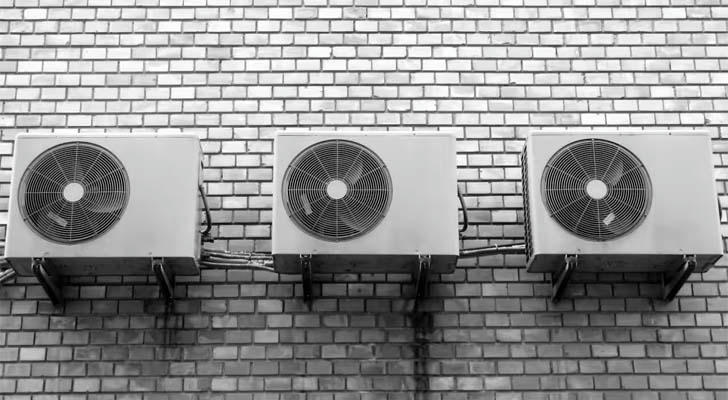
IV. AC for Comfort vs. AC for Health: When Heat Becomes Dangerous
Sometimes AC isn’t just about comfort—it’s about health. Extreme heat can cause heat exhaustion and heat strokes, especially for the elderly and vulnerable.
——Lana, a retiree in Nevada, stays with her daughter during heatwaves. “I couldn’t survive without AC,” she says.
——Tom, a Texas farmer, depends on his AC during the summer to avoid heat exhaustion. “Working in the sun all day, I’d be at risk without it,” he said.
The Data: According to the CDC, heat is the leading weather-related cause of death in the U.S., with older adults at greater risk.
The Solution: For seniors or people with health concerns, ensure your AC is working well. If you can’t afford a full system, look into cooling assistance programs or use a portable AC unit. Consider adding ceiling fans or cooling towels as an extra layer of protection for those particularly vulnerable.
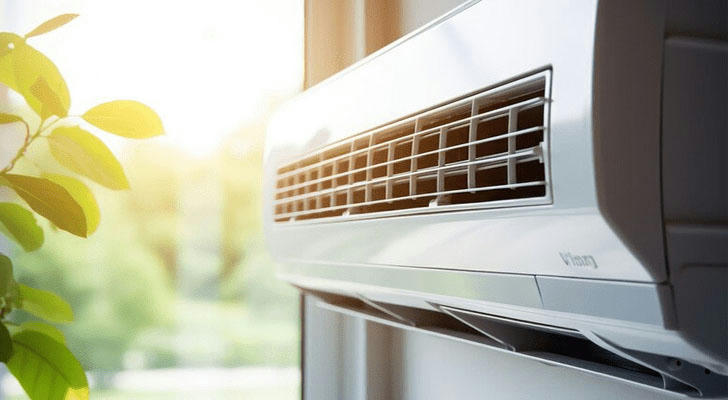
V. Stay Cool, Stay Smart
Air conditioning is a mixed bag: it keeps us cool but costs a lot, impacts the planet, and can affect our health. To enjoy the comfort without the consequences, opt for energy-efficient systems, smart thermostats, and maintenance. Whether you’re staying cool in the heatwave or making eco-friendly adjustments, balance comfort with care. After all, you deserve to feel cool—without the burn.
Remember: keeping your AC at a comfortable temperature is the key—whether that’s a few degrees higher to save money, or switching to greener options to preserve the environment. With a little planning and smart choices, you can stay cool, healthy, and guilt-free all summer long. Plus, don’t forget to seal those windows and adjust your blinds to trap cool air in during the day, helping keep things chill without blowing your budget!
